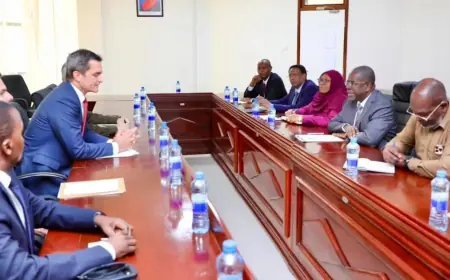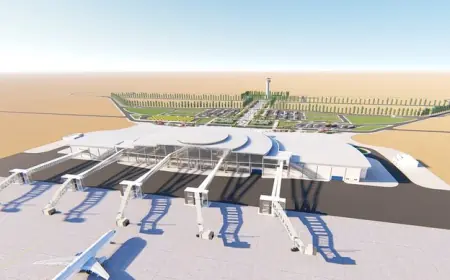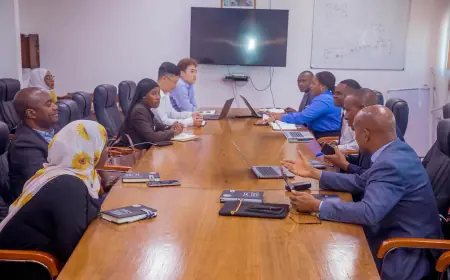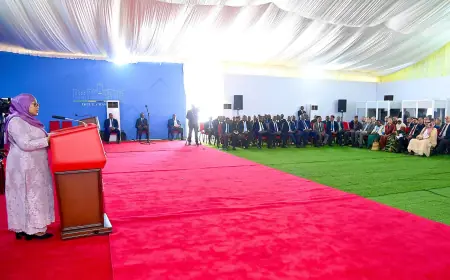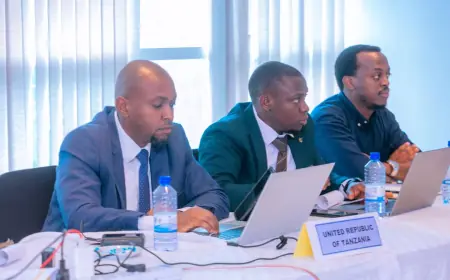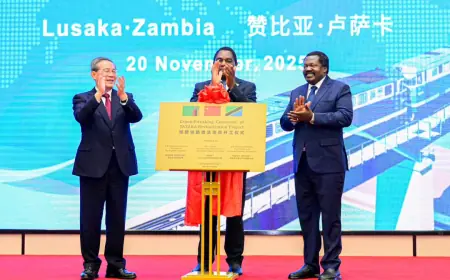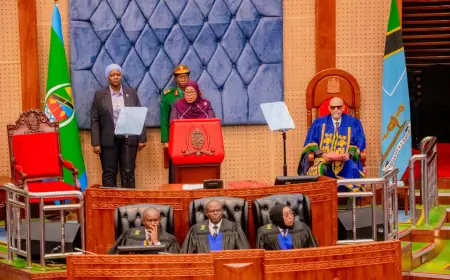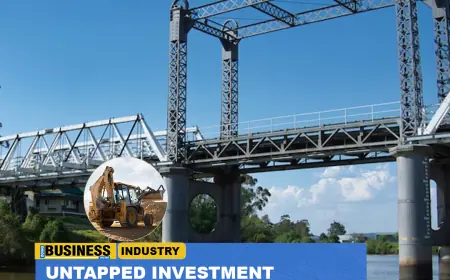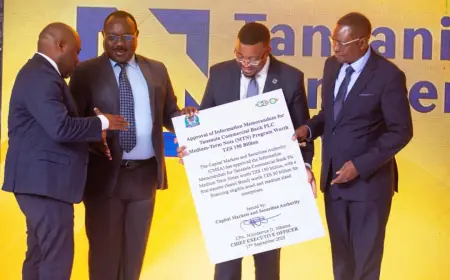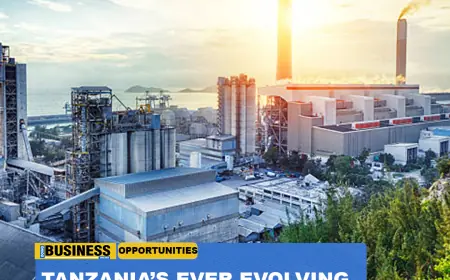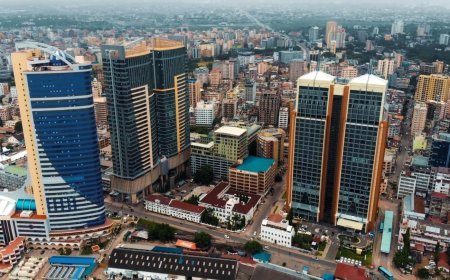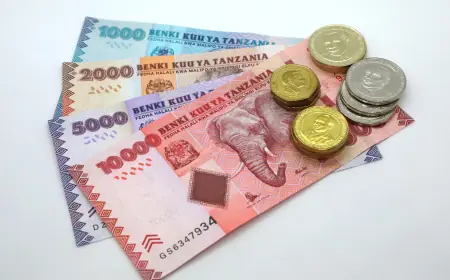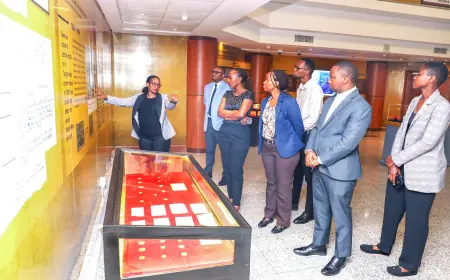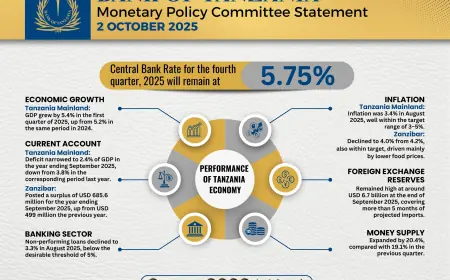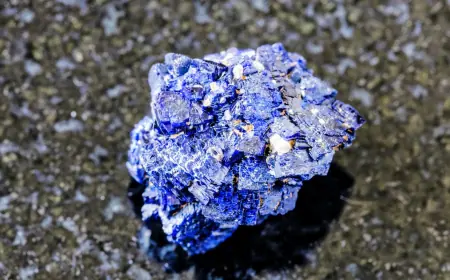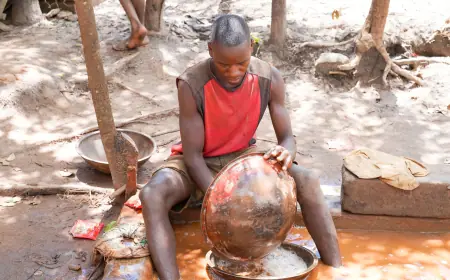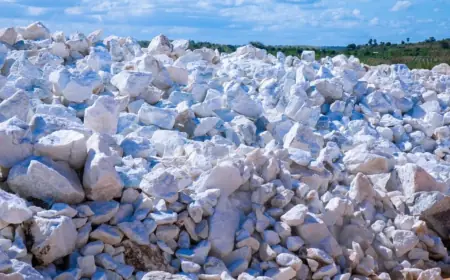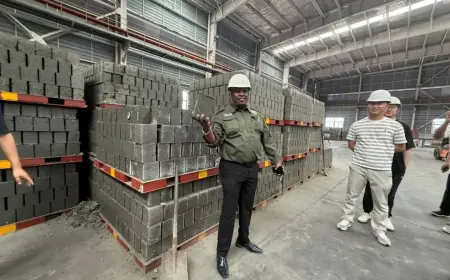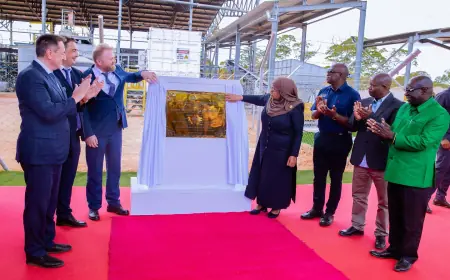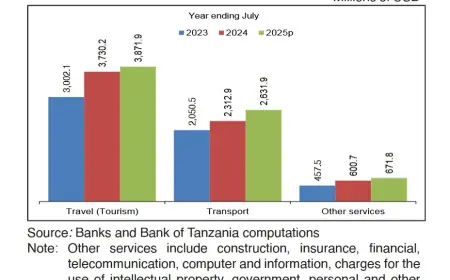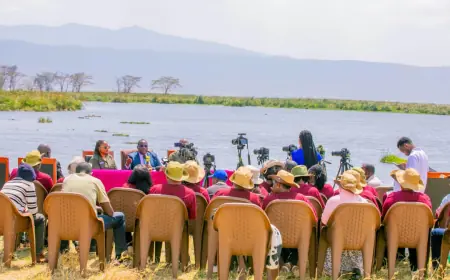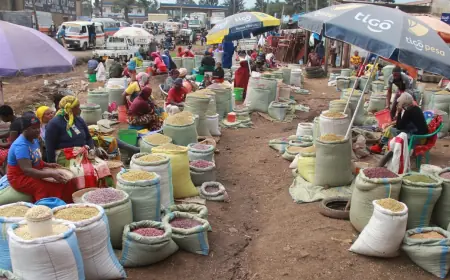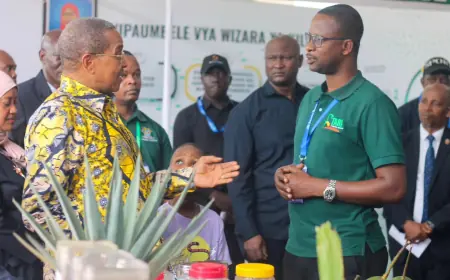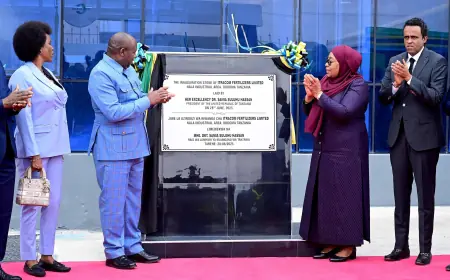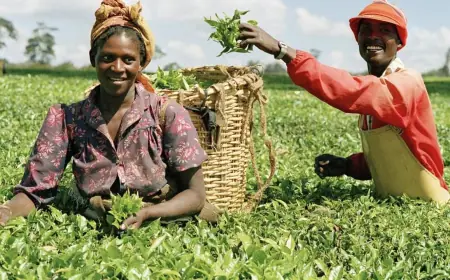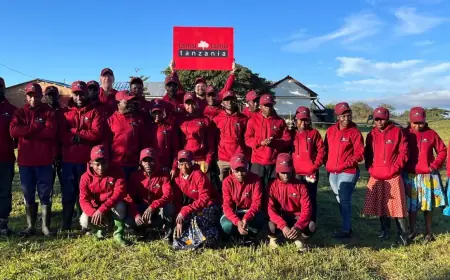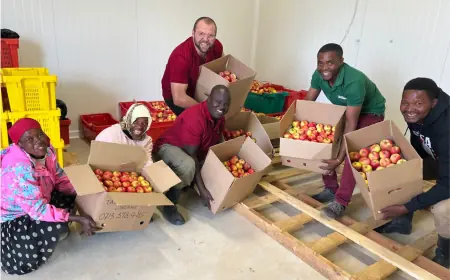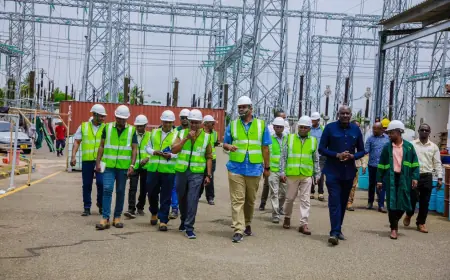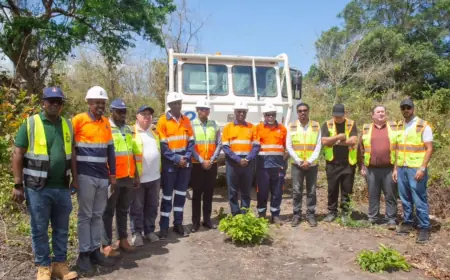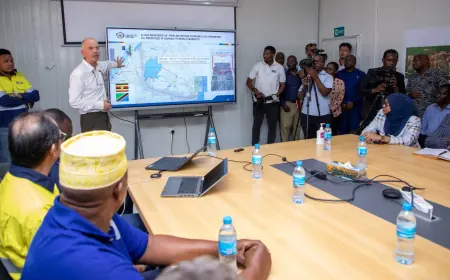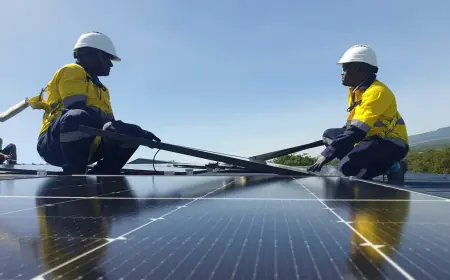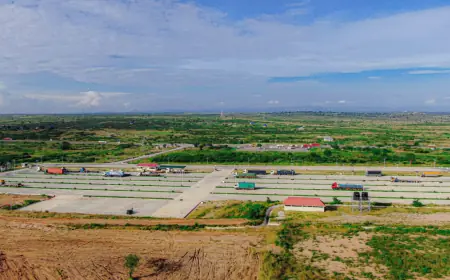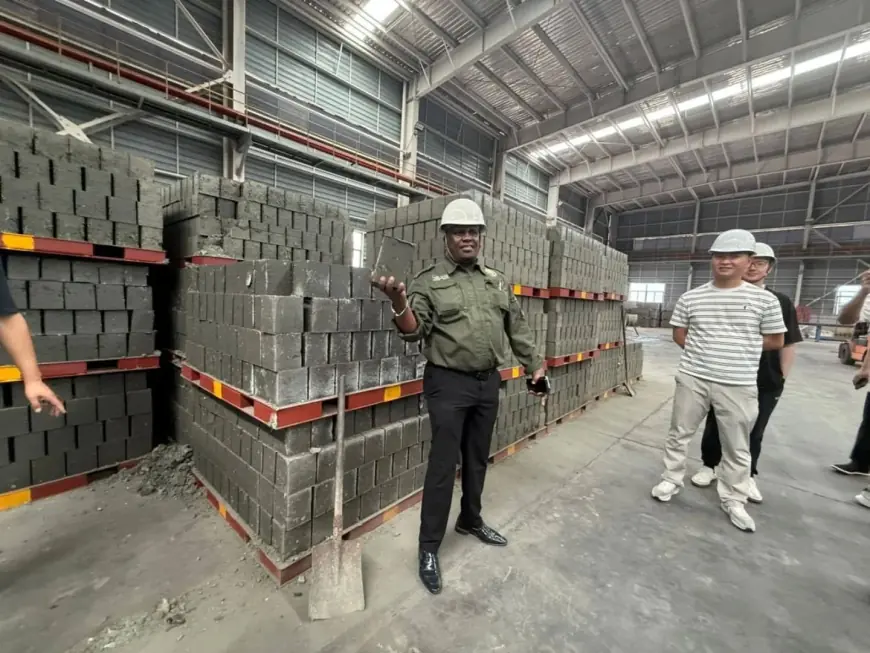Tanzania moves to cement position in Africa’s drive for local mineral processing
Tanzania has placed itself firmly at the forefront of this push, with the State Mining Corporation (Stamico) striking a deal with China’s Ningbo Shuangneng Group to build a state-of-the-art plant for processing nickel and copper in the Lindi Region
Dar es Salaam. Across Africa, a quiet but decisive shift is under way.
Governments that for decades watched their mineral wealth flow overseas in raw form are now insisting on processing it at home, capturing more value before it leaves their shores.
Tanzania has placed itself firmly at the forefront of this push, with the State Mining Corporation (Stamico) striking a deal with China’s Ningbo Shuangneng Group to build a state-of-the-art plant for processing nickel and copper in the Lindi Region.
The facility, set to rise in Nachingwea District’s mineral-rich Ntaka Hill, will form part of a long-term strategy to transform the way Tanzania engages with global commodity markets.
Completion and commissioning are expected before the end of this year, with 24 of the 38 container units of advanced processing equipment already delivered.
For Tanzania, the plant promises not only to increase earnings from its mineral sector but also to create skilled jobs, strengthen industrial capacity, and establish a dependable market for small-scale miners.
The agreement followed a recent visit to China by Stamico’s managing director, Dr Venance Bahati Mwasse, who toured Ningbo Shuangneng Group’s facilities from 5 to 8 August, accompanied by a team of geological and mining experts.
Their itinerary included a stop at the Ningbo Shuangneng Environmental Protection Technology plant, where they observed cutting-edge techniques that recover valuable metals such as lithium, nickel, and molybdenum from industrial waste generated by the metal and oil and gas sectors.
The Chinese company’s commitment to environmental stewardship was as striking as its technological capacity.
In discussions with Ningbo Shuangneng Group’s chairman, Mr Hou Tianyou, Dr Mwasse pledged that Stamico would accelerate geological analysis and resource validation at Ntaka Hill project.
This work, including additional data collection and re-evaluation of copper and nickel reserves, will be critical in defining the plant’s scale and operational life.
The Chinese investors, for their part, signalled readiness to provide the financial and technological muscle to commence construction without delay, provided the geological data at the Ntaka Hill project is completed swiftly.
Speaking on his return, Dr Mwasse said the visit had reinforced confidence in the Chinese partner’s expertise and reliability.
“This partnership is not only about large-scale industrial output but also about creating opportunities for artisanal and small-scale miners who have struggled to secure consistent markets for their strategic minerals,” he noted.
Tanzania’s move is emblematic of a wider continental trend.
For decades, African nations have exported vast quantities of raw minerals, only to import finished goods at many times their value.
This economic model has left them vulnerable to the swings of global commodity prices and heavily dependent on foreign manufacturing.
The growing determination to process resources domestically represents an effort to capture more of the value chain, foster industrialisation, and reduce reliance on external markets.
By anchoring processing capacity within their borders, countries such as Tanzania aim to build resilience into their economies.
Local processing keeps more wealth at home, drives skills transfer, and spurs the development of related industries such as manufacturing, logistics, and infrastructure.
The nickel and copper facility at Ntaka Hill could therefore serve as both an industrial asset and a symbol — signalling that Tanzania is intent on playing a larger role in determining the terms of its participation in the global minerals market.
What's Your Reaction?
 Like
0
Like
0
 Dislike
0
Dislike
0
 Love
0
Love
0
 Funny
0
Funny
0
 Angry
0
Angry
0
 Sad
0
Sad
0
 Wow
0
Wow
0

